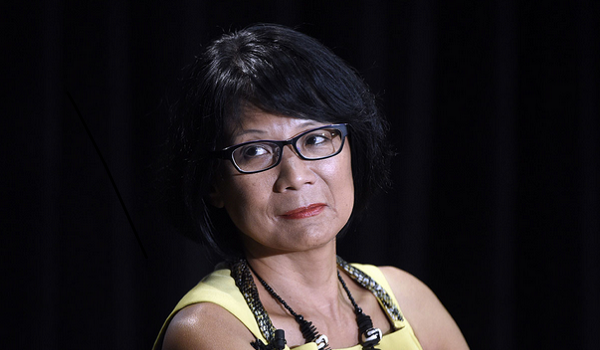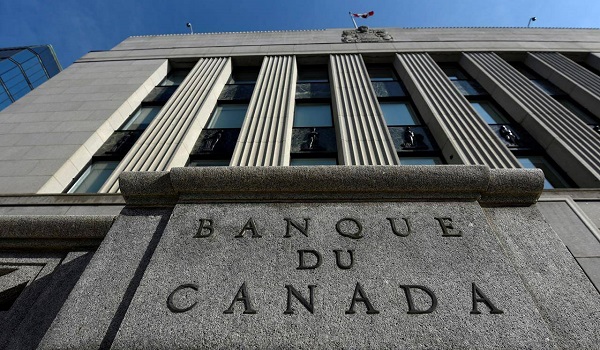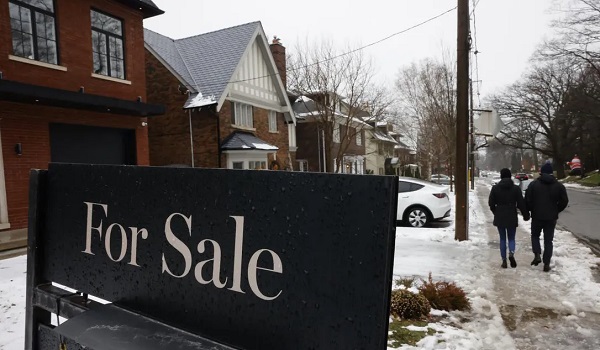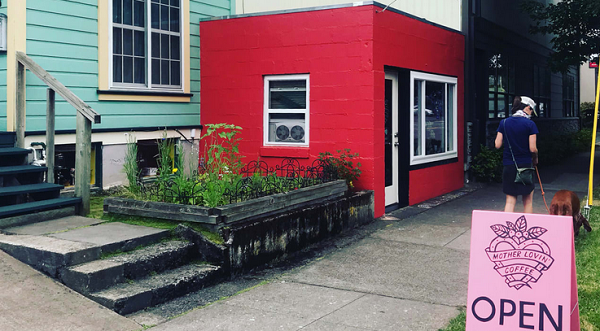Toronto 2024 budget to include property tax increase, service boost, federal funding
Toronto’s 2024 budget will impose a significant property tax increase on residents but “protect” the services they rely on.
That was the message budget chief Coun. Shelley Carroll delivered Monday ahead of the launch of the city’s annual spending plan.
Speaking to reporters, she declined to reveal details of the proposed budget, which municipal staff will unveil Wednesday. However, she confirmed the property tax hike would be “substantial.”
Carroll (Ward 17, Don Valley North) defended higher taxes as unavoidable after the pandemic ratcheted up the financial pressure that had been mounting on the city for years. But she said prebudget public consultations that started in November made clear “residents want to see improvements in the city” and the spending plan will reflect that.
The 2024 budget is the first Mayor Olivia Chow will preside over since taking office last July, and will give the veteran progressive her first real opportunity to put her mark on Toronto’s finances. She has a tough road ahead.
Despite the “new deal” she struck with Premier Doug Ford in November, the mayor and council will have to figure out how to pay for growing costs of housing, transit, policing and other services while bridging a 2024 opening operating shortfall that by the end of last year had grown to almost $1.8 billion.
“After years of decline, we have to get the city back on track, so we can build a more affordable, caring and safe city. This budget process is about starting that work,” Chow said in a statement.
After the staff-drafted budget goes through the committee review process and public consultations, the mayor will present her version on Feb. 1. Council will vote on it Feb. 14.
Here are the key issues as the process gets underway:
The property tax rate
During the June 2023 mayoral byelection, Chow vowed only “modest” property tax increases, but unlike her predecessors John Tory and Rob Ford, she didn’t commit to keeping them below the rate of inflation.
Canada’s annual inflation rate is just more than three per cent, and Coun. Brad Bradford, who ran against Chow last year, said Torontonians can’t handle a property tax hike steeper than that.
“The reality is life in this city has never been more expensive than it is right now. So I’m hopeful that (the mayor) will be mindful of the affordability challenges for Torontonians,” said Bradford (Ward 19, Beaches-East York).
Coun. Lily Cheng, who sits on Chow’s budget committee, said the mayor knows the high cost of living is battering residents. The Willowdale councillor predicted the increase won’t be “far outside the ballpark of inflation.”
Service improvements
Chow ran last year on a pledge to improve day-to-day services residents felt were crumbling after a decade of municipal belt-tightening. She made some progress last fall by rolling back TTC cuts, but has yet to make good on her campaign promise to keep all 100 library branches open seven days a week.
Coun. Josh Matlow (Ward 12, Toronto-St. Paul’s), who also ran against Chow, said he heard during the byelection that residents are upset about declining services, “and they want City Hall to focus on their priorities.” He’ll be watching to see whether the budget will improve services like park maintenance, snow clearing and supports for the homeless.
Carroll told reporters that public consultations found residents prioritized more investment in transit, housing, and public safety. “You will see more paramedic services, you will see more fire services,” as well as a previously approved expansion of mental health crisis teams, she said.
But she said that while the budget will “protect” services, across the board improvements will be a multi-year job. “This budget shows how we can get there over time.”
New deal, old problems
The centrepiece of the accord Chow reached with Ford was the Ontario government’s takeover of the Gardiner Expressway and Don Valley Parkway. While the highway upload is expected to save the city at least $2 billion over the next decade, that financial relief will come on the capital side of the budget. It won’t help with the 2024 shortfall, which is on the operating side.
The province did pledge some operating funds as part of the deal, including $610 million for transit and shelters that will flow in 2024. That will help with the shortfall but won’t fully cover it. Carroll said staff have been scouring the budget for savings to help fill the remaining gap.
Federal funding fight
Toronto is asking Prime Minister Justin Trudeau’s government for $250 million annually to cover the cost of emergency housing for refugees and asylum seekers, many of whom have been forced to sleep on the streets after being turned away from the city’s crowded shelters.
Carroll said if the feds don’t come through, 2024 will be “a tough year with some really tough conversations about what the city can afford.” It would take a six per cent property tax increase for Toronto to raise the $250 million on its own, which would leave little room for other priorities.
So far, the city has had little luck with its request. Federal officials cite the billions of dollars the government has given cities for shelter and housing, including a recent $471-million contribution to Toronto through the Housing Accelerator Fund.
If the stalemate isn’t resolved, there’s more than federal funding at stake. Almost one-third of the 2024 operating funding that the province pledged to Toronto under the new deal is for non-refugee shelter costs, but it’s conditional on the federal government committing to more refugee supports. If it doesn’t, Toronto will lose $200 million in provincial funding.
A federal source said Monday the government is working to find more ways to help the city.
With council set to vote on the budget in five weeks, time is running out. “I think we can all agree they’re cutting it pretty close,” Carroll said.
With files from Stephanie Levitz and David Rider.
This article was reported by The Star
















